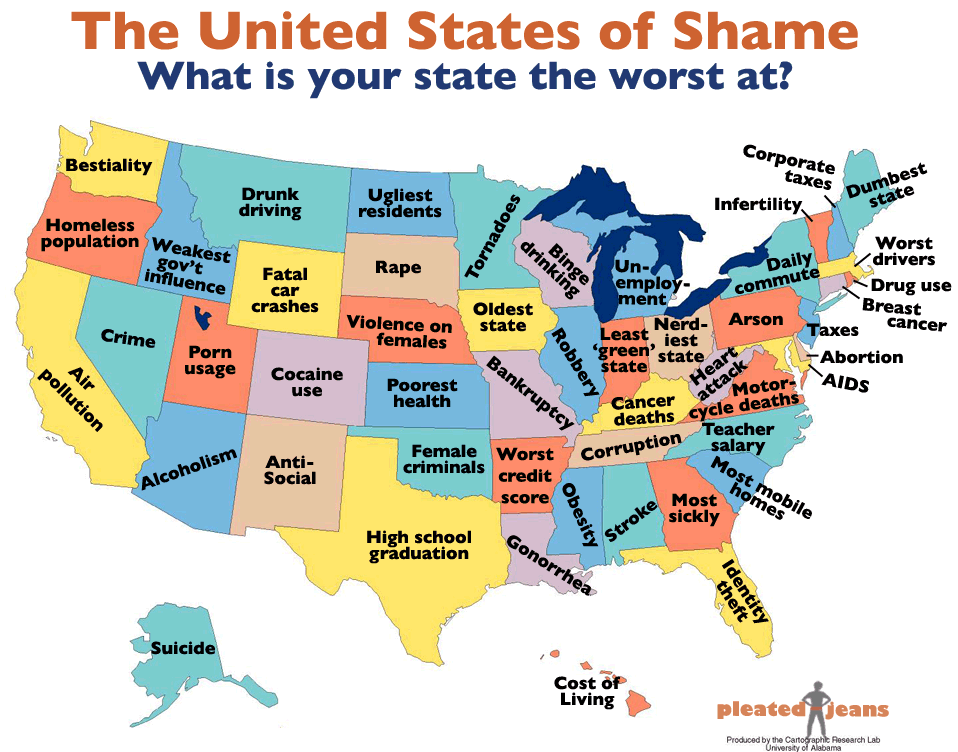Vasilisa
Symbolic Herald
- Joined
- Feb 2, 2010
- Messages
- 3,946
- Instinctual Variant
- so/sx
Discovered: The Happiest Man in America
By CATHERINE RAMPELL
March 5, 2011
New York Times
Excerpt:
For the last three years, Gallup has called 1,000 randomly selected American adults each day and asked them about their emotional status, work satisfaction, eating habits, illnesses, stress levels and other indicators of their quality of life.
It’s part of an effort to measure the components of “the good life.†The responses are plugged into a formula, called the Gallup-Healthways Well-Being Index, and then sorted by geographic area and other demographic criteria. The accompanying maps show where well-being is highest and lowest around the country.
The New York Times asked Gallup to come up with a statistical composite for the happiest person in America, based on the characteristics that most closely correlated with happiness in 2010. Men, for example, tend to be happier than women, older people are happier than middle-aged people, and so on.
Gallup’s answer: he’s a tall, Asian-American, observant Jew who is at least 65 and married, has children, lives in Hawaii, runs his own business and has a household income of more than $120,000 a year. A few phone calls later and ...

Alvin Wong and his wife, Trudy Schandler-Wong.
<Read the full story>
This article is just silly, but I thought perhaps TypoCers might find some of the data gathered and the multimedia infographics interesting
By CATHERINE RAMPELL
March 5, 2011
New York Times
Excerpt:
For the last three years, Gallup has called 1,000 randomly selected American adults each day and asked them about their emotional status, work satisfaction, eating habits, illnesses, stress levels and other indicators of their quality of life.
It’s part of an effort to measure the components of “the good life.†The responses are plugged into a formula, called the Gallup-Healthways Well-Being Index, and then sorted by geographic area and other demographic criteria. The accompanying maps show where well-being is highest and lowest around the country.
The New York Times asked Gallup to come up with a statistical composite for the happiest person in America, based on the characteristics that most closely correlated with happiness in 2010. Men, for example, tend to be happier than women, older people are happier than middle-aged people, and so on.
Gallup’s answer: he’s a tall, Asian-American, observant Jew who is at least 65 and married, has children, lives in Hawaii, runs his own business and has a household income of more than $120,000 a year. A few phone calls later and ...

Alvin Wong and his wife, Trudy Schandler-Wong.
<Read the full story>
This article is just silly, but I thought perhaps TypoCers might find some of the data gathered and the multimedia infographics interesting
Last edited:

 Interactive Map
Interactive Map 




